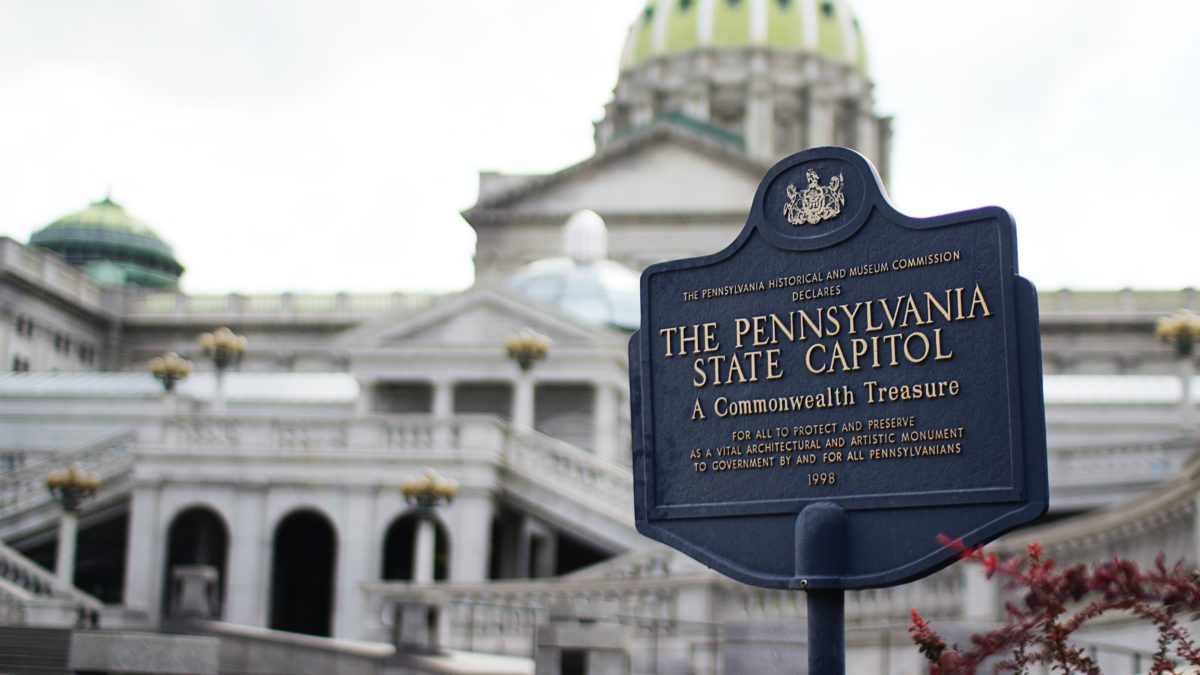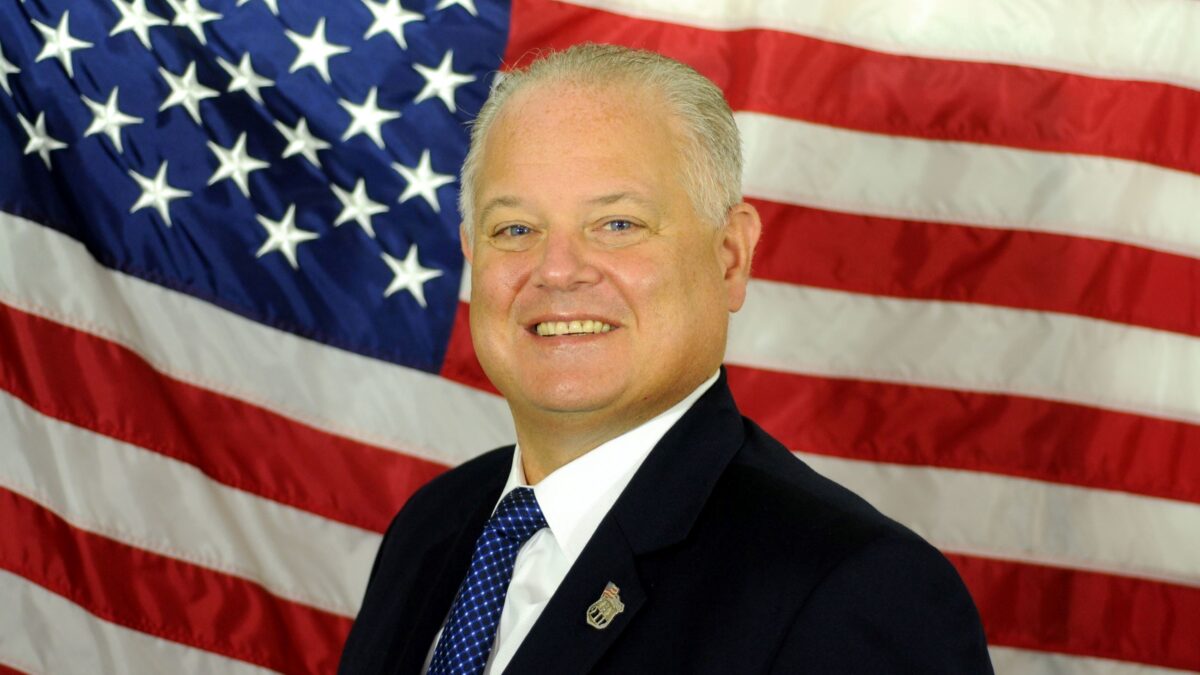Basewitz + Snitzer: Want to reduce crime? Let’s start by respecting police work
In 2021 major American cities saw large and, in some cases, record-breaking increases in crime, including murders and car jackings, while a general sense of menace permeated their streets. In Philadelphia, the trend is continuing this year. Can it be reversed?
In February, the scholar Heather MacDonald wrote in the Wall Street Journal that the “root cause” of this record-breaking violence is “the demonization of law enforcement” and that the “crime surge will be turned around only if local officers go back to assertive, and fully constitutional, policing.”
Both propositions are correct, but what is overlooked is that this demonization will prevent, for the foreseeable future, a return to assertive and proactive policing in cities like our own.
READ MORE — More crime, fewer riders, bigger financial problem for Philadelphia public transit
That the police have been demonized or scapegoated, especially since June 2020, is apparent to anyone who has paid the least bit of attention to mass media. Indeed, the signature anti-police slogan of this period — defund the police — signifies a hatred of the very institution of policing, however unpopular that stance is in the very communities that are more often policed.

A simple thought experiment illustrates that fact: imagine if for 20 months instead of “defund the police” the slogan du jour was “defund public education.” Imagine that major corporations gave tens of millions of dollars to entities and advocates who argued in favor of defunding public education. And, at the same time legacy media outlets, in a virtually uniform manner, reported stories that only reflected poorly on public education. Finally, imagine that one major political party openly supported these attacks, and used them to solidify its backing by major constituencies.
Under these circumstances, those who worked for agencies advocating for public education would feel themselves under siege, and, indeed, hated by major societal power centers. Would they be wrong?
We remember well the last time there was a national appreciation for the conduct of the police. It occurred on Oct. 27, 2018, when two city policemen and two SWAT team officers in Pittsburgh were shot when they ran into a synagogue to confront a live shooter perpetrating a hate crime against the Jewish community. The governor of Pennsylvania stated that he was “in awe of the bravery displayed by law enforcement,” and these sentiments were echoed by the President and other politicians. Businesses followed, including the Pittsburgh Pirates, who honored the four officers at their home-opener in April 2019.
Under these circumstances, those who worked for agencies advocating for public education would feel themselves under siege, and, indeed, hated by major societal power centers. Would they be wrong?
A profound question is raised as to what motivated these officers to risk their lives in this manner. We submit that it was not due to the relatively modest salary they received, but because of a sense of honor they felt in their work, an honor based at least in part on their perception that society valued and respected the work they did.
Accordingly, ending the demonization of law enforcement is a necessary but insufficient prerequisite to reversing the increase in crime which is plaguing so many American cities. Police officers are not automatons who can be ordered to forget the scapegoating by the public and the media. Unless and until police can again rightly conclude that their work is honored by society, it is unrealistic to expect that they will return to assertive policing, and unrealistic to expect a reversal of rising crime trends.
Alan Basewitz has 31 years as a sworn law enforcement officer with the Pennsylvania State Bureau of Narcotics Investigation, DEA Task Force, and HSI Task Force.
Paul Snitzer is a businessman and lawyer residing in the Philadelphia metropolitan area.





Those who support the police to make ourselves heard – on to our community officials, on social media and in personal conversations with others. A personal expression of appreciation to individual officers will not go unnoticed.
Parents and teachers need to teach respect for law and those who place themselves in harms way to protect us.
I thought the big problems in society were white supremacy, patriarchy, transphobia, and not enough social workers. Am I wrong?